Basic sewing is a fundamental skill that allows individuals to create, repair, and transform fabrics. Whether you are interested in creating your own clothes, repairing a torn garment, or simply adding a personalized touch to your home decor, sewing is an essential skill to learn.
Tools Needed for Basic Sewing
Before diving into sewing, it is important to have the necessary tools. Here are a few essential tools you will need:
- Needles: Different sizes and types of needles are required for various sewing projects.
- Thread: High-quality threads in different colors will be needed for sewing.
- Scissors: A pair of sharp fabric scissors is vital for cutting fabric and thread.
- Pins and Pin Cushion: These help to hold fabric pieces together during sewing.
- Tape Measure: Measuring accurately is crucial for sewing projects.
- Seam Ripper: Mistakes happen, and a seam ripper helps in removing stitches easily.
- Iron and Ironing Board: Pressing fabric before and after sewing creates professional-looking results.
- Sewing Machine: While not essential, having a sewing machine significantly speeds up the sewing process.

Basic Sewing Techniques
Learning a few basic sewing techniques sets the foundation for more complex projects. Here are some techniques to get you started:
1. Threading a Needle
Start by cutting a length of thread and inserting it through the eye of the needle. Pull it through, leaving an even tail on both sides for knotting.
2. Hand Stitching
Hand stitching is the most basic form of sewing. It involves sewing two pieces of fabric together using a simple running stitch or backstitch.
3. Hemming
Hemming is the process of folding and sewing the edge of a fabric to prevent it from fraying or for a neat finish. It is commonly used in clothing alterations.
4. Sewing Buttons
Attaching buttons is an essential skill. Sewing buttons by hand or using a sewing machine ensures they are securely and neatly attached.
5. Gathering Fabric
Gathering fabric involves drawing the fabric together to create ruffles or to fit a larger piece of fabric to a smaller one. It is used in various sewing projects.

Benefits of Learning Basic Sewing
Mastering basic sewing skills offers numerous benefits:
- Self-sufficiency: Being able to mend and alter clothing saves money and reduces waste.
- Creativity: Sewing allows you to express your unique style and create custom designs.
- Customization: Sewing offers the ability to tailor clothes to achieve the perfect fit.
- Repairs: Extend the lifespan of your clothes by easily fixing small tears or loose seams.
- Home Décor: Sewing skills can be employed to create beautiful curtains, pillow covers, and other items to decorate your living space.
Conclusion
Basic sewing is a versatile skill that opens up a world of possibilities. With some essential tools, knowledge of basic techniques, and a little practice, you can unleash your creativity and dive into exciting sewing projects.
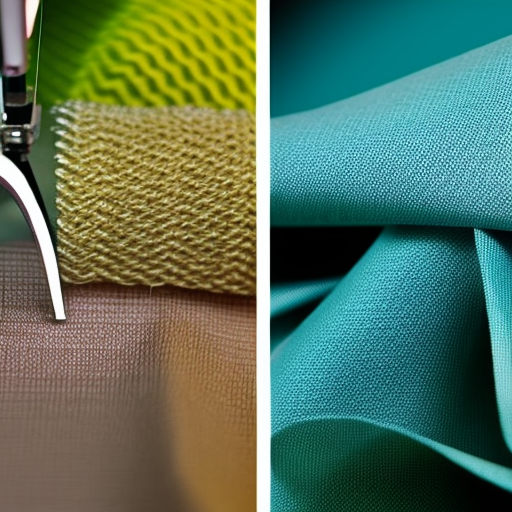
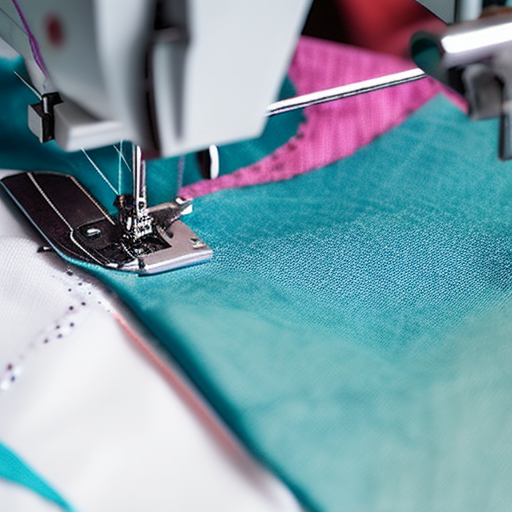
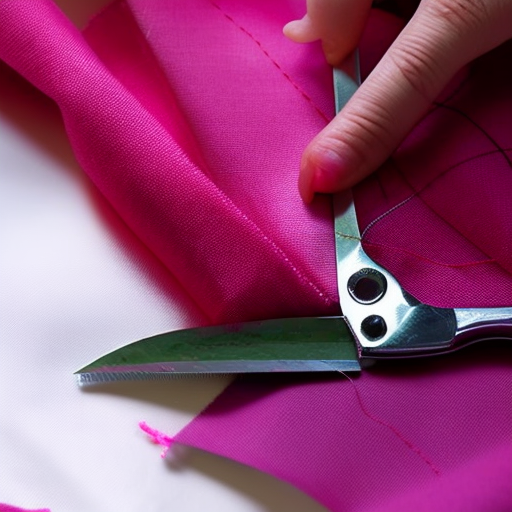
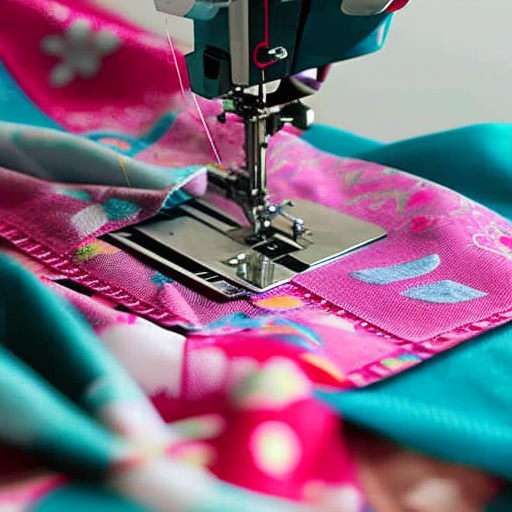
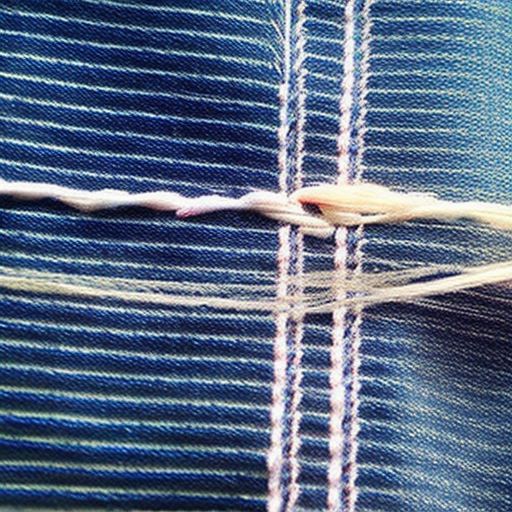
Love this! Very helpful information.
Kurt Smith: Thanks for the information!
Great resource! Useful for beginners looking to learn the basics of sewing and those with more experience wanting to brush up on their skills.